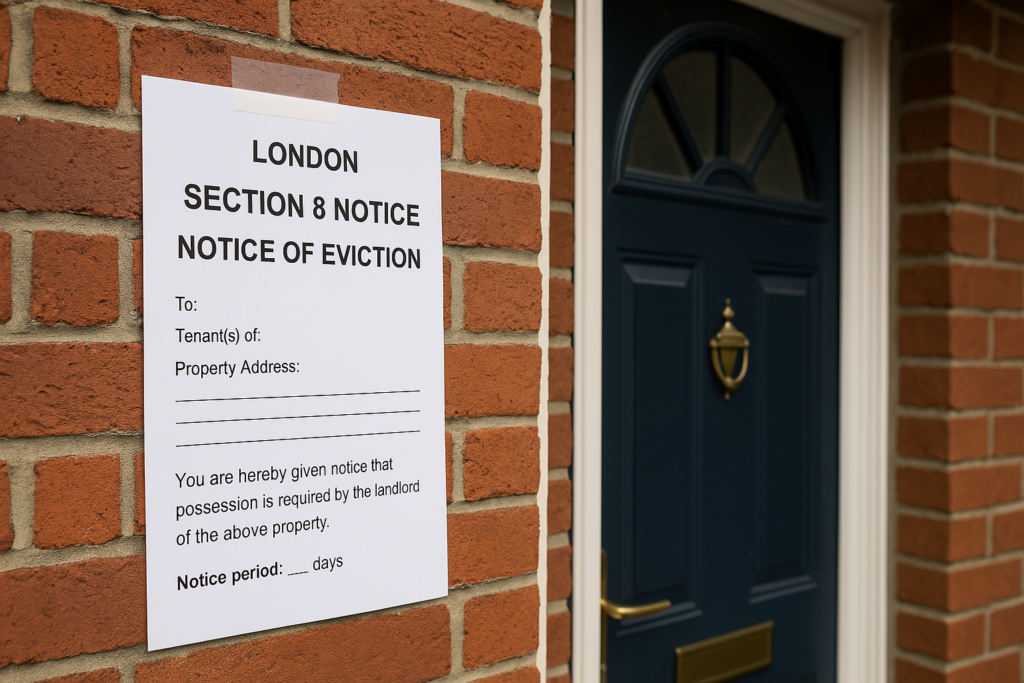When dealing with the death of a loved one, legal complications surrounding their will can add further stress and confusion.
Understanding the time limits for contesting a will in England is crucial. Failure to act within the proper timeframe could permanently close the door to justice and rightful inheritance.
Below, we explain England’s various deadlines and legal routes for disputing a will.
What Does Contesting a Will Mean?
Contesting a will means challenging its validity or seeking to alter its provisions legally. Common grounds include:
Lack of testamentary capacity
Undue influence or coercion
Fraud or forgery
Improper execution
Lack of provision under the Inheritance (Provision for Family and Dependants) Act 1975
Each ground has its legal pathway and, importantly, its time limit.
Time Limits Under the Inheritance Act 1975
One of the most common legal frameworks used in England to contest a will is the Inheritance (Provision for Family and Dependants) Act 1975.
This Act allows specific individuals — including spouses, children, cohabitees, and dependants — to seek “reasonable financial provision” from an estate if they feel unfairly excluded.
⚠️ Deadline: 6 months from the date of the Grant of Probate
The clock starts ticking from the date probate is granted.
Applications made after 6 months require special permission from the court, which is only granted in exceptional circumstances.
It’s best to consult a solicitor immediately upon receiving notice of probate.
Contesting a Will on Grounds of Validity
If the claim invalidates the will entirely — for example, due to lack of mental capacity, undue influence, or fraud — there is technically no fixed statutory time limit.
However, the sooner, the better, mainly preventing the estate from being distributed.
Key considerations:
Before Probate: These claims should be filed before the Grant of Probate is issued. A caveat can be entered at the Probate Registry to delay probate while the dispute is resolved.
After Probate: Once the estate is distributed, recovery becomes much more complex and may involve personal claims against beneficiaries.
💡 Tip: Registering a caveat early is essential if you suspect foul play or invalid execution.
Time Limits for Probate Caveats
You can enter a caveat with the Probate Registry if you intend to contest the will based on suspicious circumstances or legal invalidity.
A caveat lasts for 6 months and can be renewed indefinitely.
It prevents probate from being granted, giving you time to build your legal challenge.
If the executor files a warning, you must respond with an appearance to sustain the caveat.
Failing to act after a warning can result in the caveat being removed, so timing is critical here, too.
Fraud or Forgery Claims Have No Fixed Time Limit
There is no strict time limit in cases of fraudulent wills or forged signatures. However, as a rule of thumb, you should:
Act as soon as the fraud is discovered.
Be aware of the Limitation Act 1980, which may still apply and limit claims to six years from the date of knowledge.
Delays can prejudice your case or reduce recoverable assets.
💼 Professional handwriting analysis and witness testimonies can be powerful in supporting forgery claims, but these are time-sensitive resources.
Mutual Wills and Proprietary Estoppel
When a will contradicts prior mutual agreements between spouses or partners (commonly seen in mutual wills), or when promises were made that led to reliance and detriment, claimants may rely on proprietary estoppel.
For equitable claims, claims must be brought within 6 years of death or within the usual limitation period.
These cases are fact-specific and complex, requiring extensive documentation and evidence.
If you believe a loved one made promises to leave you something in their will and didn’t, seek legal counsel quickly to avoid timing out.
Limitation Periods for Challenging Lifetime Transactions
Sometimes, the issue isn’t the will but transactions made before death that deplete the estate. These could include:
Gifts made under undue influence
Improper use of Power of Attorney
Asset transfers made while the deceased lacked capacity
These are usually pursued under equity or tort, with a limitation period of six years from the transaction date, not the date of death.
⏳ Act quickly, especially if financial records or witnesses become unavailable.
Can You Contest a Will After the Time Limit?
Yes — but only in very limited circumstances. For example, if you missed the six-month deadline under the Inheritance Act 1975, the court may grant an extension if:
You acted promptly once aware of the time limits
There’s a good reason for the delay
No prejudice will be caused to other parties
Even with discretionary extensions, it’s a risky strategy. Courts strongly prefer strict adherence to time limits.
Best Practices: Don’t Wait — Investigate Early
Given the complexity of these matters, the best approach is to:
Request a copy of the will and probate records
Enter a caveat immediately if there are concerns
Seek legal advice early, especially if you’re financially dependent on the deceased
Avoid signing any disclaimers or documents from executors without complete understanding
Time is not on your side in will disputes. Acting swiftly gives you better leverage, legal clarity, and access to evidence before it’s lost.
Frequently Asked Questions
1. What does it mean to die intestate?
To die intestate means to die without a valid will. In such cases, the law decides who inherits the estate based on fixed intestacy rules.
2. Who inherits if there is no will in the UK?
If there is no will, the estate is distributed to the deceased’s closest relatives in a set order:
Spouse or civil partner
Children
Parents
Siblings
Extended family (e.g., uncles, aunts)
Unmarried partners, stepchildren, and friends do not inherit under these rules unless legally adopted or named in a valid will.
3. Can my unmarried partner inherit anything if I don’t have a will?
No, unless assets are jointly owned or they can make a claim under the Inheritance (Provision for Family and Dependants) Act 1975.
Unmarried partners are not automatically entitled under intestacy rules.
4. What happens if I have no living relatives?
If no living relatives can be found, your estate becomes bona vacantia, meaning it goes to the Crown. The government may inherit all your property, money, and possessions.
5. Do stepchildren inherit under intestacy rules?
No, stepchildren do not have any legal right to inherit under intestacy unless legally adopted. A valid will is required to leave assets to stepchildren.
6. Can I challenge the intestacy rules?
In some cases, yes. Individuals such as dependants, cohabiting partners, or those financially supported by the deceased may apply to the court for financial provision under the 1975 Act.
7. Do jointly owned properties go through intestacy?
If a property is held as joint tenants, it will automatically pass to the surviving owner. If owned as tenants in common, the deceased’s share forms part of the estate and may be subject to intestacy rules.
8. How do I become the administrator of someone’s estate?
You must apply for a Grant of Letters of Administration from the Probate Registry. This gives you the legal authority to manage the estate.
9. Is inheritance tax still payable if there’s no will?
Yes. The Inheritance Tax (IHT) rules still apply. Estates over £325,000 may be subject to IHT; without a will, it’s harder to plan or reduce this liability.
10. How can I avoid my estate being distributed under intestacy rules?
The only way to avoid intestacy is to make a valid will. This ensures your wishes are respected and your loved ones are protected.
Conclusion: Protect Your Rights Before It’s Too Late
Understanding the time limits for contesting a will in England can be the difference between securing your rightful inheritance and losing it forever.
Whether you’re challenging the validity of a will, seeking reasonable provision, or investigating fraudulent transactions, strict adherence to deadlines is non-negotiable.
Always remember: Delay is the enemy of justice.
Read our other Blogs:
What Happens If There Is No Will? Understanding Intestacy Rules In The UK – London Estate Agency
Forgery Or Fraudulent Wills: How To Detect And Challenge A Fake Will In The UK





